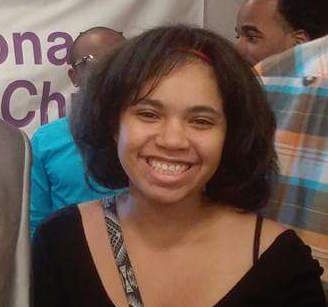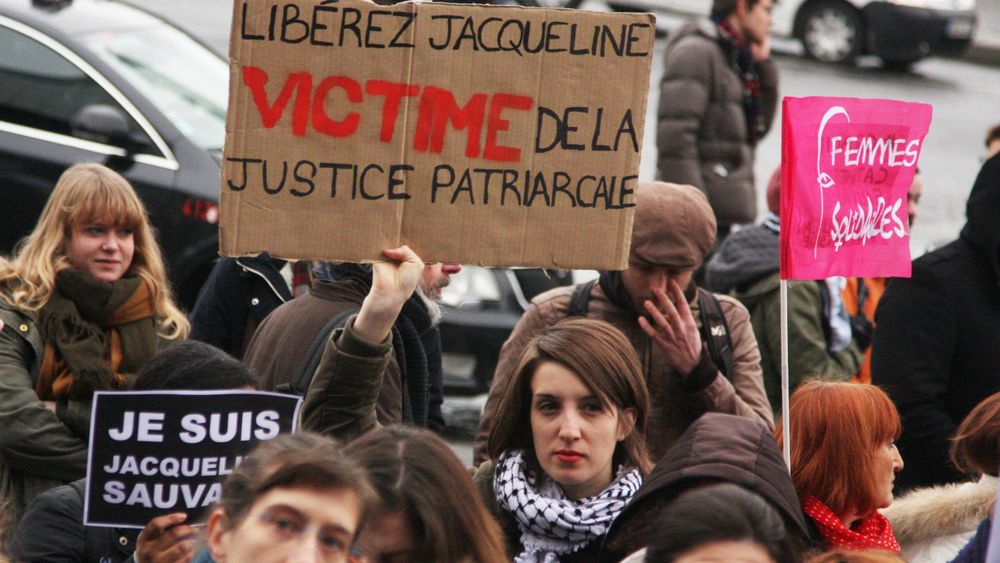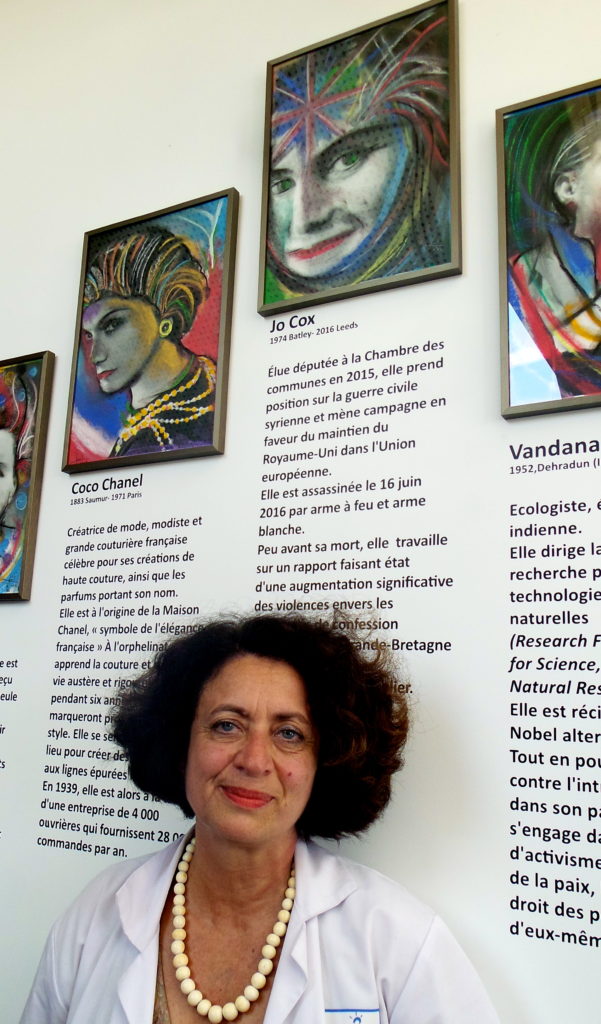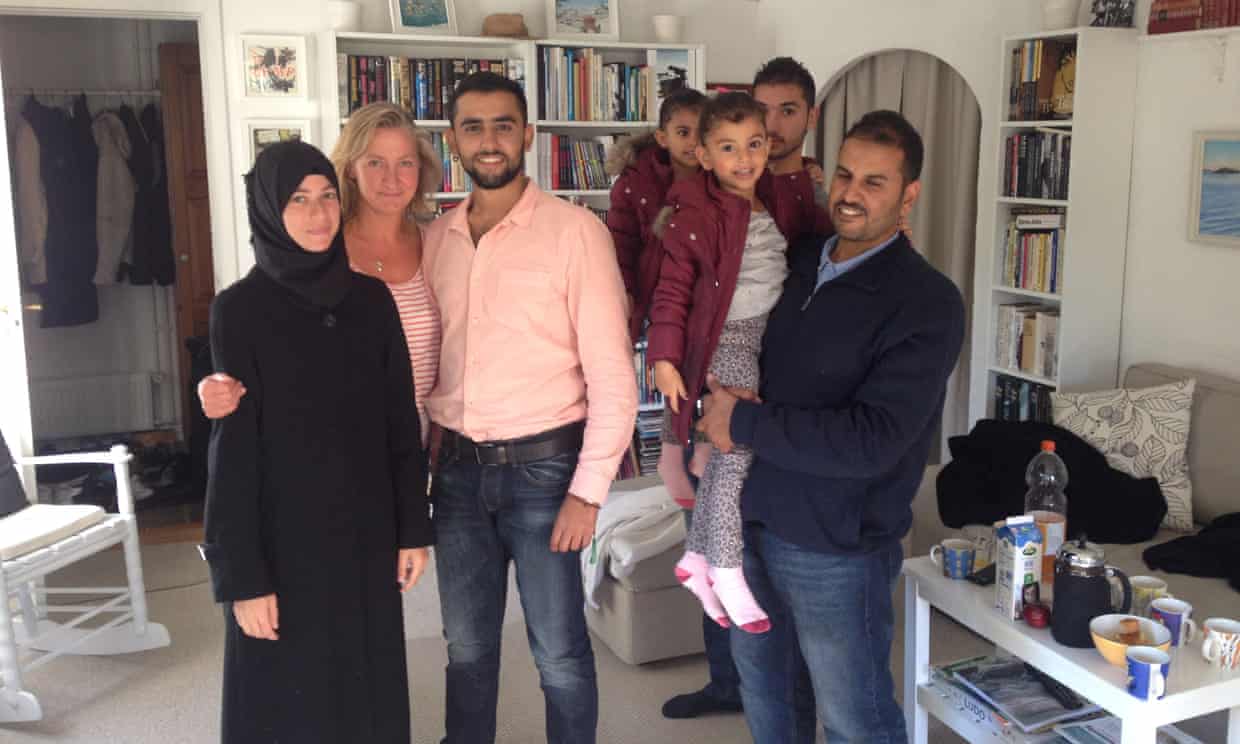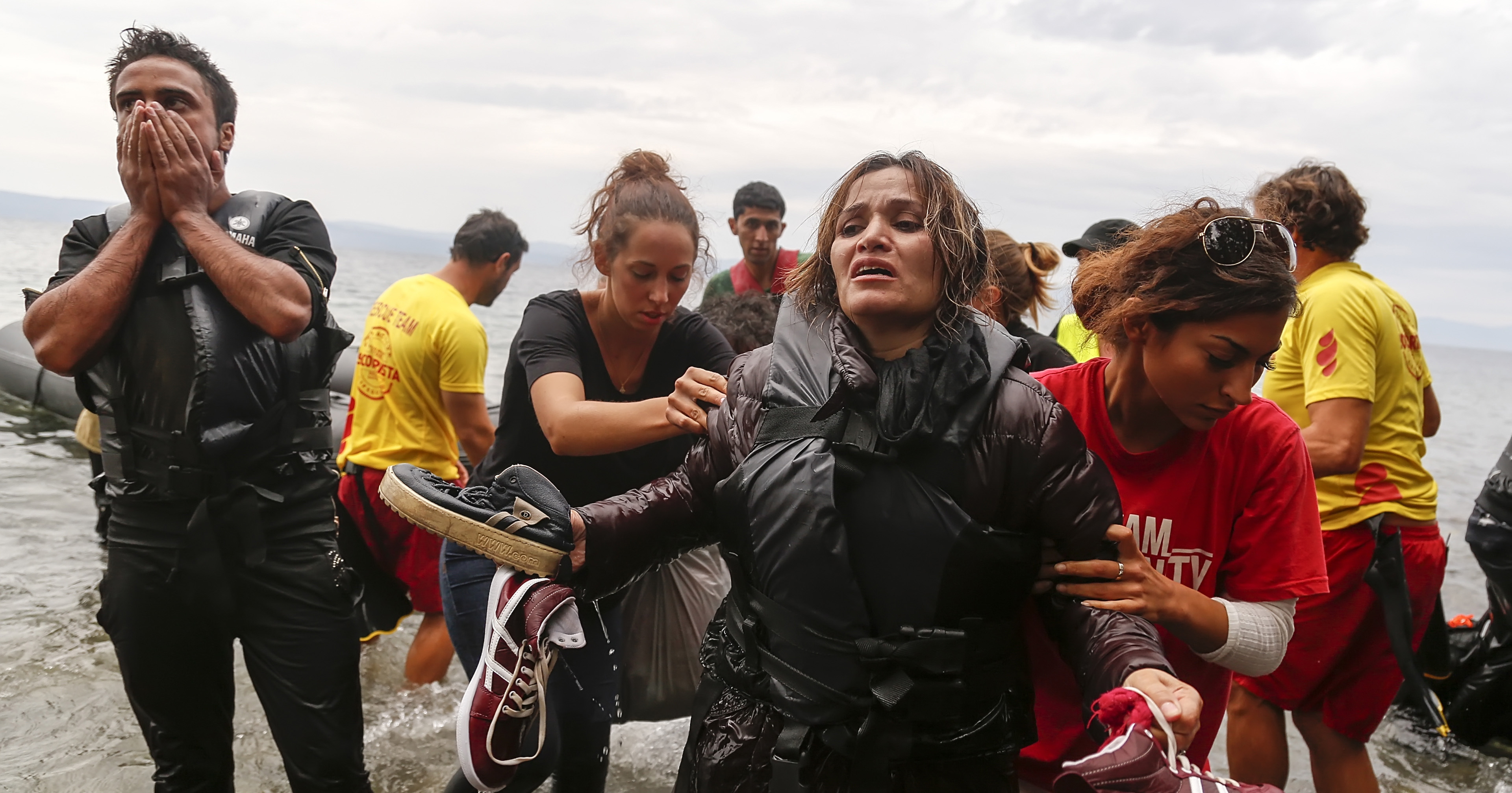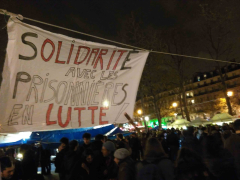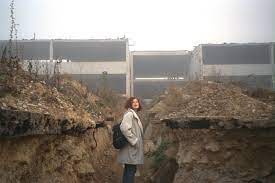
Fresnes Prison
In France, last August, Prime Minister Manuel Valls with his Minister of Justice Jean Jacques Urvoas advertized that a feasible and concrete plan would be announced soon to remedy the carceral disgrace of French prisons and jails, plagued with overpopulation and squalid conditions. They talked about building 6000 cells. This week, the Minister of Justice Jean Jacques Urvoas declared that 10 000 to 16 500 prisons cells will be added.
The minister made the announcement from Fresnes prison, an aging prison with about 200% occupation rate. As a congressman Mr. Urvoas opposed the building of additional prisons. Now as Minister of Justice he has succumbed to the populist vision sweeping Europe of increased imprisonment for more security. Consequently, the budget of 3 billion Euros would be mainly invested in bricks rather than in alternative restorative justice programs, as inscribed in the last bill passed by former Minister of Justice Christiane Taubira.
Instead, Mr. Urvoas declared that the administration would be adding cells, not places or spaces in an attempt to nuance the decision. This rhetoric comes from a principle of law conceived in 1875 in the French legal system that said that each detainee should have his or her own cell. In Fresne for instance they are 3 prisoners in a 9 square meter cell (30 square feet).
On the day of the announcement the French Public Radio France Inter recorded its programs in Fresnes in an effort to bring to public attention the reality of this shameful situation. They interviewed former detainees, a warden’s union representative, judges and penal counselors for reintegration, and Adeline Hazan, the president of the magistrate union, an independent body that controls all places where people are deprived of liberty.
The former detainees and wardens made clear that the place looks like a 19th century prison, filthy and sordid. They called prisons like Fresnes a pressure cooker for disaster. The union representative insisted that their mission should be to work with the detainees on their reintegration. This mission is made unattainable. In addition, in Fresnes, women’s quarters are 6 times smaller. Women are the forgotten population in prison.
The director of the prison explained that the detainees are eager to participate in activities, but, because of the lack of personnel, access to them is limited although mandated by law. Many would like to work; there too there are limitations including low wages and the non-respect of labor laws applied outside. In this environment of frustration and humiliation, it is not surprising that 62% reoffend within 5 years after their release. By comparison, only 32 to 34% who have received alternative sentences reoffend.
Many criticized Mr. Urvoas’ proposition. Magistrates explained that the judicial system is becoming harsher, emphasizing that because of the lack of appropriate budget and public pressure in this period of instability the judges are often forced to send the convicted or pretrial person to prison and jail.
In 2014, Christiane Taubira passed a bill that should have made alternative sentences the common law. Her idea relied on another principle: the principle that prison should be the last resort. Despite claims of good intentions, this law has not been enforced with adequate financial means. Meanwhile, private contractors are entering the jail and prison world, following the neoliberal search for investments with fast returns.
In France, 11 000 out of the 68 000 detainees are sentenced to 6 months and 28 % of the carceral population is in pretrial detention. If most of these sentences were commuted into open-space alternative individualized sentences, as prescribed by the Taubira’s bill, the population in jails would decline rapidly.
The approach adopted by the French Government signals yet another alignment to the logic of incarceration and tough-on-crime policies in the context of pre presidential election, with the combination of fear, security and neoliberal investments looming in the background.
(Photo Credit: BrunodesBaumettes)
